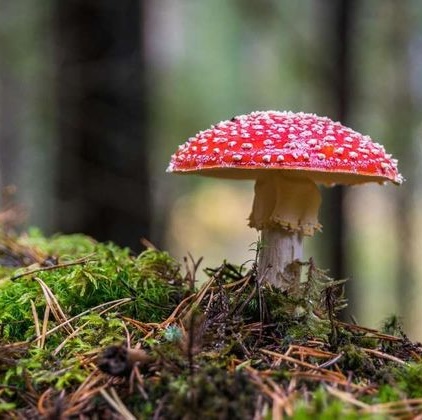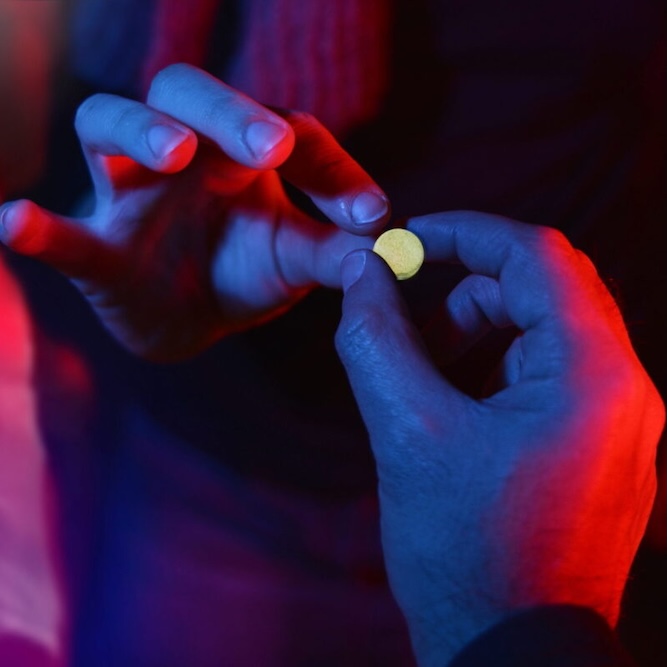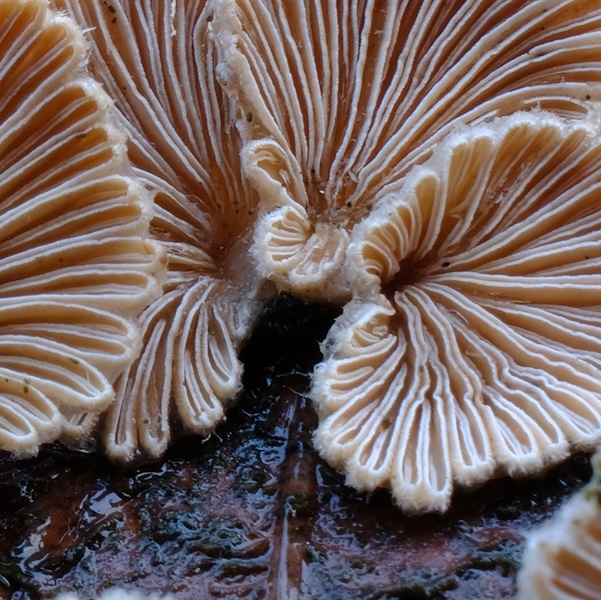The hidden mental health crisis among healthcare workers
The COVID-19 pandemic left an undeniable mark on frontline healthcare workers. Long hours, emotional exhaustion, and an overwhelming number of critically ill patients led to an epidemic of burnout, depression, and PTSD among doctors, nurses, and other medical professionals.
While many turned to traditional mental health treatments like therapy and antidepressants, new research suggests that psilocybin-assisted therapy may offer a breakthrough solution for those struggling with the psychological toll of the pandemic.
A recent University of Washington study revealed that clinicians who underwent psilocybin therapy experienced significant reductions in depression and emotional exhaustion compared to those who received a placebo. This groundbreaking research is adding to the growing body of evidence supporting psychedelics as a viable mental health treatment.
So, how exactly does psilocybin help? And could it be the key to healing for burned-out healthcare professionals?
Understanding psilocybin therapy for burnout
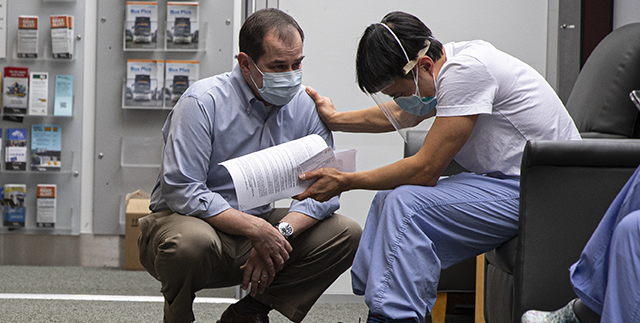
What is psilocybin-assisted therapy?
Psilocybin, the psychoactive compound found in certain mushrooms, has been studied for its profound effects on the brain. When used in a controlled setting with trained therapists, psilocybin can help patients process traumatic experiences, shift negative thought patterns, and achieve a deep sense of emotional relief.
Unlike traditional antidepressants, which require daily use, a single guided psilocybin session can have long-lasting effects on mental well-being. Researchers believe this is because psilocybin helps the brain form new neural connections, allowing patients to break free from cycles of anxiety, fear, and emotional distress.
What the research says
In the University of Washington study, 30 healthcare workers experiencing significant distress were given either psilocybin or a placebo in a therapeutic setting. Those who received psilocybin reported substantial improvements in:
✔️ Depression symptoms – Many participants experienced a sense of emotional release, reducing feelings of sadness and hopelessness.
✔️ Burnout recovery – Psilocybin helped clinicians regain a sense of purpose and emotional resilience.
✔️ Post-pandemic trauma processing – The therapy allowed participants to process their experiences from the COVID-19 frontlines with greater clarity and acceptance.
Dr. Anthony Back, one of the lead researchers, stated,
“We found that psilocybin therapy allowed participants to reconnect with their sense of self and why they entered medicine in the first place.”
This aligns with previous studies from institutions like Johns Hopkins and NYU, which found that psilocybin therapy can significantly reduce anxiety, PTSD, and emotional distress in patients facing trauma.
Why psilocybin is a game-changer for healthcare workers
1. It addresses the root of burnout
Traditional treatments like antidepressants and talk therapy often focus on symptom management rather than addressing the underlying emotional exhaustion that leads to burnout.
Psilocybin therapy, however, offers a deeper healing experience—allowing clinicians to process their trauma and reframe their relationship with stress, rather than just numbing the pain.
2. Rapid and long-lasting effects
Unlike daily medications, psilocybin therapy often requires only one or two sessions to create lasting improvements in mental health. A single experience, when guided by a trained professional, can trigger insights and emotional shifts that continue to unfold for months or even years.
For healthcare workers who have little time for weekly therapy sessions, this makes psilocybin a highly appealing option.
3. A new perspective on life and work
Many clinicians who have tried psilocybin therapy describe experiencing:
✔️ A renewed sense of purpose in their work.
✔️ Decreased anxiety and emotional numbness.
✔️ A deeper connection with their patients and colleagues.
For those who have lost faith in their profession due to the overwhelming stress of the pandemic, psilocybin therapy is offering a path back to fulfillment.
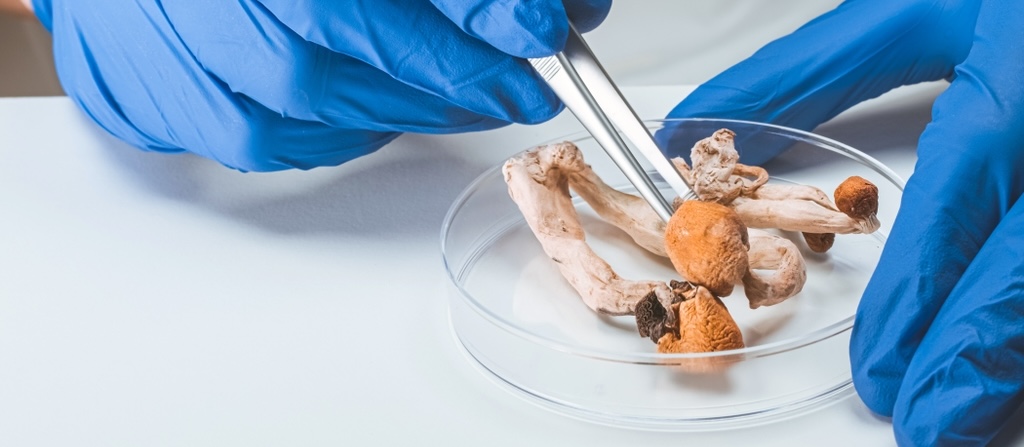
Addressing concerns: is psilocybin therapy safe?
The idea of using psychedelics for mental health can still be controversial, and many wonder about the safety and legality of psilocybin therapy.
Here’s what we know:
- Clinical studies show that psilocybin is safe when administered in a controlled setting with professional guidance.
- It is non-addictive and does not cause long-term harm to the brain.
- More states and countries are beginning to decriminalize and legalize psilocybin therapy, making it more accessible to those in need.
In 2023, Oregon became the first U.S. state to legalize supervised psilocybin therapy, and other regions are following suit.
The future of psilocybin therapy for burnout and ptsd
The success of studies like the one from the University of Washington suggests that psilocybin therapy could become a mainstream treatment for healthcare workers suffering from burnout and PTSD.
With continued research, we could see hospitals and wellness programs incorporating psychedelic-assisted therapy into mental health recovery plans.
What this means for you
If you’re a healthcare worker struggling with emotional exhaustion, depression, or trauma from the pandemic, you’re not alone.
While psilocybin therapy is not yet widely available, there are alternative ways to seek support:
✔️ Look into legal psilocybin-assisted therapy options in places like Oregon or Colorado.
✔️ Explore guided mindfulness and meditation practices, which share some benefits with psychedelics.
✔️ Connect with support groups and mental health resources specifically for clinicians.
Final thoughts: a new path to healing
The COVID-19 pandemic left an undeniable mark on healthcare professionals, but hope is on the horizon. With groundbreaking research proving its effectiveness, psilocybin therapy is opening new doors for those who have long suffered in silence.
As the conversation around mental health evolves, psychedelic therapy may soon become a trusted tool in helping heal those who have dedicated their lives to saving others.

